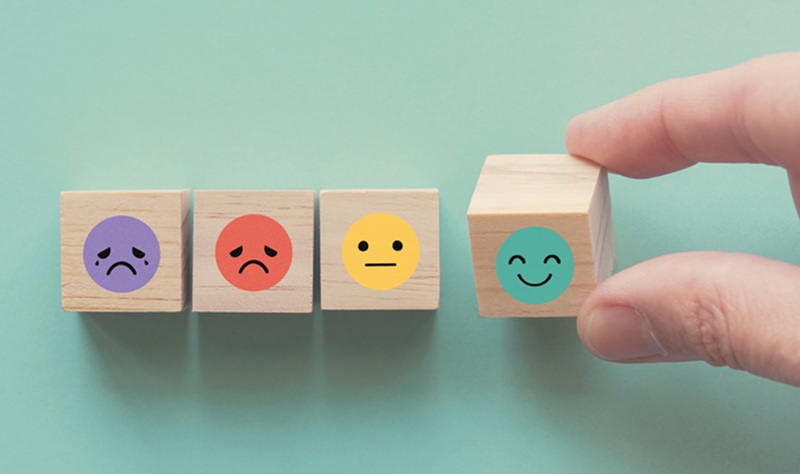New research shows one million children and young people (C&YP) in Australia are unable to access early intervention mental health support.
BFB Labs – a social enterprise building resilience and mental health self management skills in young people – has analysed publicly available data to understand the gap in mental health provision for C&YP in Australia.
It’s found:
- Just over a quarter of C&YP in Australia experience mild or moderate mental health needs
- Yet only ~13% of Australia’s C&YP with mild or moderate needs are served through primary care hubs, with only three per cent of children aged 4-12 supported by initiatives like Kids Hubs, which struggle to integrate digital health for early intervention
- As a result, approximately one million children and young people are without freely available access to early intervention support
- This is despite nearly half of all mental health issues starting by age 14, leaving emerging mental health needs for C&YP untreated

FIRSTLINE EARLY INTERVENTION
Australia’s youth mental health system is at a critical moment.
Our current prevention strategies are failing to address the growing demand for mental health services nationwide.
We’re advocating for a transformative ‘first-line early intervention service’ available for children and young people (C&YP) of all ages, designed to bridge the gap between community prevention, digital health and primary care models, providing scalable, accessible and tailored support before mental health issues escalate.
Research by BFB Labs reveals that an estimated one million Australian children and young people (C&YP) with mild to moderate mental health needs are left without access to early intervention mental health support each year.
The findings come as part of a new report, titled “Out of Touch: Transforming early intervention in Australia’s youth mental health system,” which advocates for an urgent paradigm shift in how Australia delivers early intervention support for C&YP nationwide.
Analysis within the report found that while approximately 1.25 million children and young people experience mild or moderate mental health needs annually in Australia, current service models including Headspace and Kids Hubs are projected to reach only 13 per cent of this population by 2026.
The gap is particularly severe for children under 12, with just three percent of those needing support expected to receive it through primary care hubs. The report details how scaling current early intervention services would require an 8x increase in primary care hubs at a prohibitive cost of approximately $1.94 billion annually. This would account for ~42% of the Federal government’s total spending on all mental health-related services (according to 2023 data), highlighting the challenges in ensuring national access to physical care hubs.
As an alternative, the report advocates for the use of tailored early intervention services that can be used at home or in trusted community settings, including a broader choice of digital, telehealth, or hybrid support.
This approach is designed to optimise access, reach, and cost-efficiency while also reducing the support bottlenecks and long waiting times experienced within integrated primary care services such as Headspace.
The report comes off the back of the second Lancet Commission on adolescent health and wellbeing, published last month. The Commission highlights that adolescents are experiencing rising rates of mental illness globally, especially in higher income countries such as Australia. Estimates suggest that at least a third of young people across Australia now experience high levels of psychological distress every year, with many having to wait up to 100 days to access mental health care.
The full whitepaper can be found on the BFB Labs website.
About the author
Duncan Fogg works as BFB’s Australia Lead. His previous work in the UK focused on designing and building improved community-led responses to pressing social issues. Much of his work focused on improving services and engaging with communities to develop more inclusive, and effective approaches to community-focused prevention and early intervention services, including youth mental health. Within this work, Duncan previously partnered with a number of leading children and young people’s focused charities focused on child wellbeing and youth mental health, including the NSPCC, YoungMinds, and Impact on Urban Health.






